
One of the big news stories in St. George, Utah, in May was the grand opening of a new mall.
It’s just one sign of the rapid growth of this southern Utah region, which has expanded from a population of 147,000 in 2013 to 195,000 in 2022, a 33% increase.
In fact, the population of the St. George metro area is projected to grow 118% to 425,700 in 2060 -- the second highest projected growth of all 384 U.S. metro areas, ranking just behind a retirement community in Florida.
Growth and expansion of an area can be part of the recipe for small business success. Southern Utah's rapid growth could be the reason why three towns in the region top this list of best small cities to start a business.
A small town or rural community can often be a better place to start a business than a big city thanks to lower costs, less competition, community support and a more reliable workforce. There's often a better quality of life as well, due to things like lower cost of living and less traffic.
Not all small towns are cheap for businesses to run. The population of Beverly Hills, Calif., is just 32,000, but it won’t come as a shock to learn that Beverly Hills is an expensive place to start a business. The average monthly rent for a Rodeo Drive shop is $72.91 per square foot, according to Storefront, which says that retailers in Rodeo Square can expect to pay $36,000 to $64,800 a month for shop space. The swanky town ranks among the 15 most expensive small cities for business costs, according to a study by personal finance site WalletHub.
To determine the best and worst small cities in which to start a business, WalletHub compared 1,334 cities with populations between 25,000 and 100,000 across three key dimensions:
- Business environment: This category includes length of work week, commute times, industry variety, startups per capita and average business revenue and growth.
- Access to resources: This includes accessibility to financing and human resources, investor access, education stats and job growth;
- Business costs includes cost of office space and labor, corporate taxes and cost of living.
Each metric was scored on a 100-point scale. Each city’s weighted average across all metrics determined its overall score and ranking. They used data from a variety of sources, including the U.S. Census Bureau, Bureau of Labor Statistics, Federal Deposit Insurance Corporation, AreaVibes, Yelp, Indeed, and the Tax Foundation.
Here are the 25 best small cities to start a business, followed by the five worst.
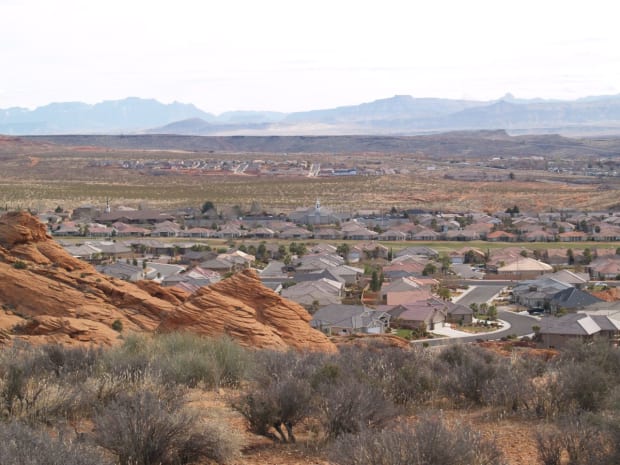
1. Washington, Utah
- Business environment rank: 8
- Access to resources rank: 20
- Business costs rank: 221
Washington, Utah, ranked as No. 1 in average growth of small businesses, tied with four other cities, all in Utah. It’s also one of six small cities that ranked highest of all 1,334 cities for the most startups per capita. The population of Washington, which is part of the St. George metro, is about 31,000.
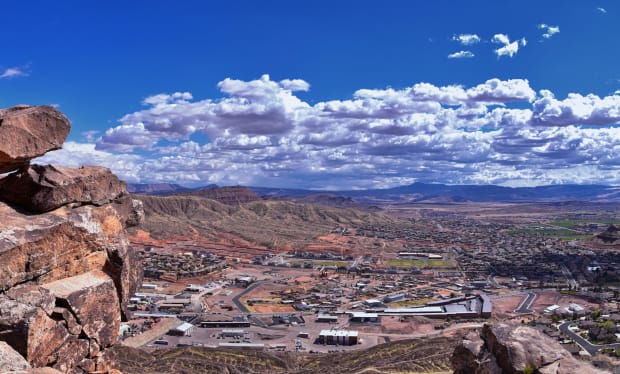
2. St. George, Utah
- Business environment rank: 1
- Access to resources rank: 280
- Business costs rank: 153
St. George also ranked as No. 1 in average growth of small businesses, tied with neighbor Washington, Utah, and three other Utah cities. It’s also one of six small cities that ranked highest of all 1,334 cities for the most startups per capita. The population of the city proper is about 99,000.
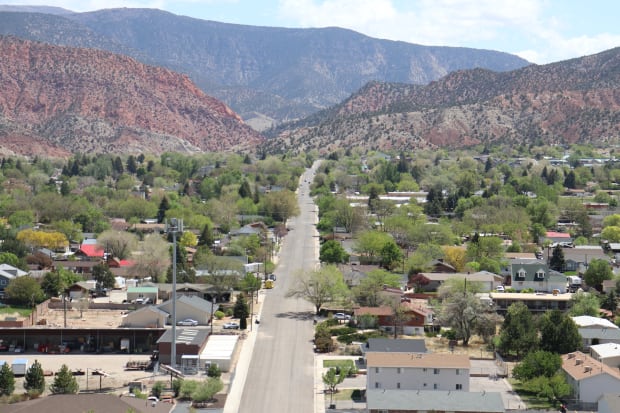
3. Cedar City, Utah
- Business environment rank: 4
- Access to resources rank: 89
- Business costs rank: 204
Cedar City is another of the five Utah cities that ranked highest overall for average growth of small businesses.
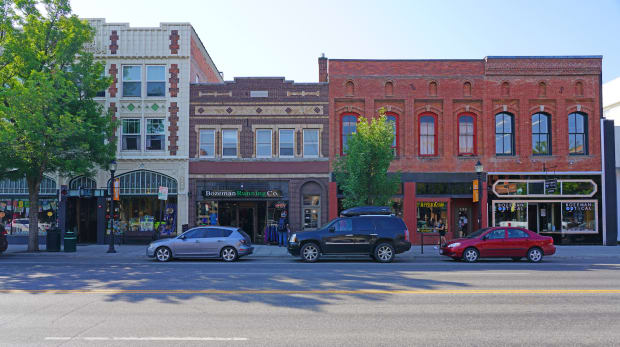
4. Bozeman, Mont.
- Business environment rank: 12
- Access to resources rank: 43
- Business costs rank: 398
Bozeman is one of six small cities that ranked highest of all 1,334 cities for the most startups per capita.
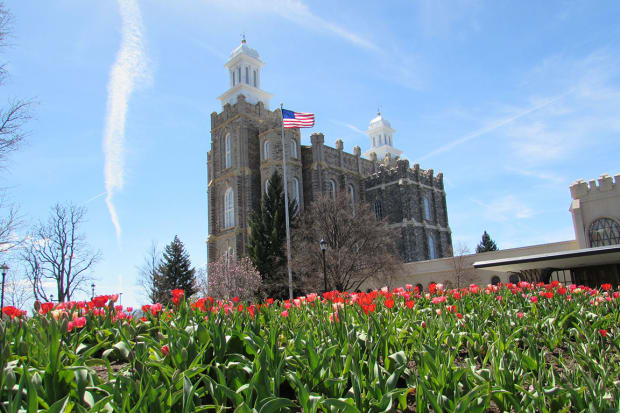
5. Logan, Utah
- Business environment rank: 99
- Access to resources rank: 11
- Business costs rank: 167
Logan is one of the top five cities for accessible financing.
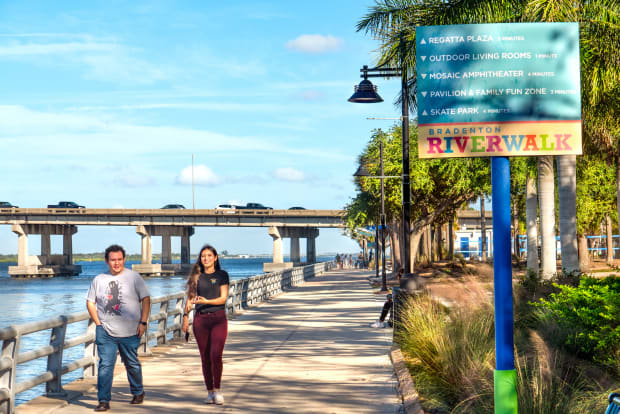
6. South Bradenton, Fla.
- Business environment rank: 103
- Access to resources rank: 599
- Business costs rank: 66

7. Post Falls, Idaho
- Business environment rank: 16
- Access to resources rank: 237
- Business costs rank: 353
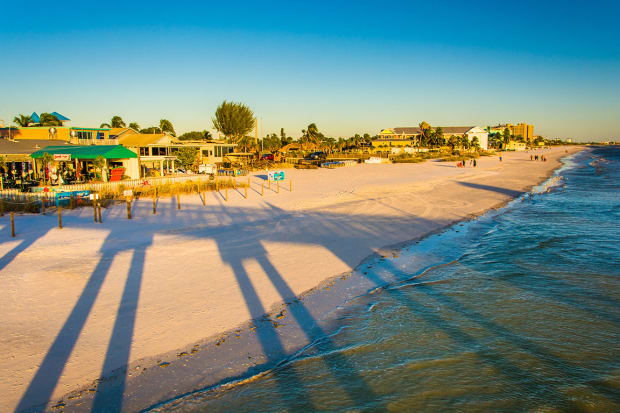
8. Fort Myers, Fla.
- Business environment rank: 96
- Access to resources rank: 54
- Business costs rank: 69
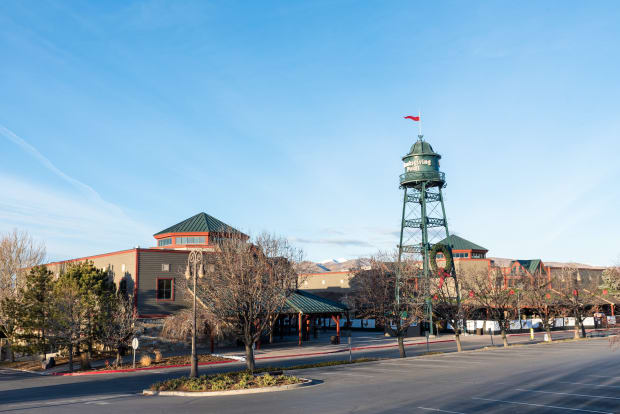
9. Lehi, Utah
- Business environment rank: 9
- Access to resources rank: 109
- Business costs rank: 537
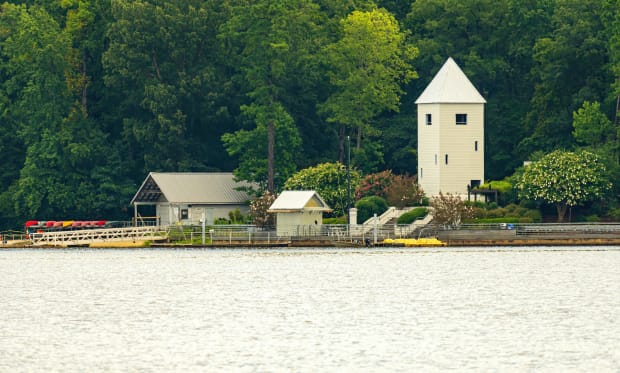
10. Morrisville, N.C.
- Business environment rank: 35
- Access to resources rank: 62
- Business costs rank: 419
Morrisville is home to the Raleigh-Durham International Airport and next door to Research Triangle Park.
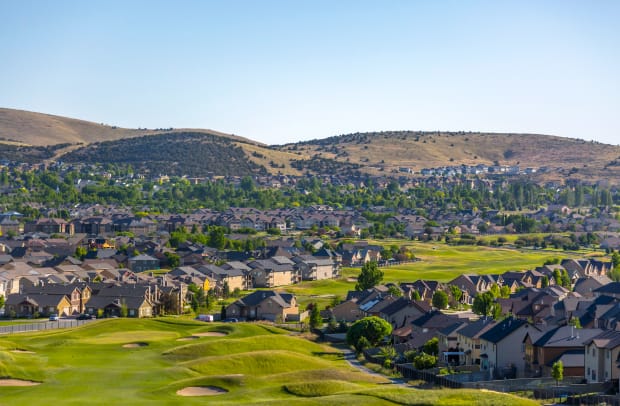
11. Eagle Mountain, Utah
- Business environment rank: 31
- Access to resources rank: 127
- Business costs rank: 439
Eagle Mountain is one of the five Utah cities that ranked highest overall for average growth of small businesses.

12. Coeur d'Alene, Idaho
- Business environment rank: 10
- Access to resources rank: 547
- Business costs rank: 389
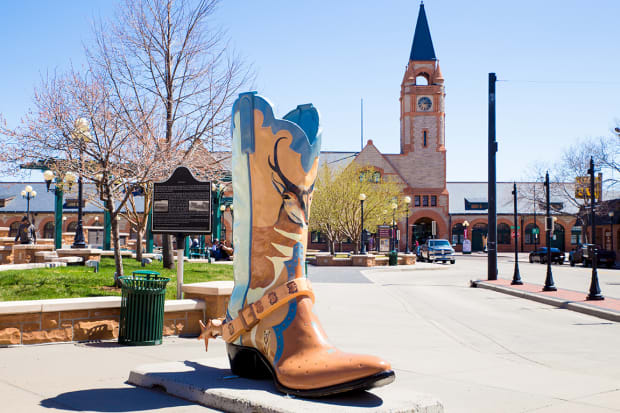
13. Cheyenne, Wyo.
- Business environment rank: 38
- Access to resources rank: 428
- Business costs rank: 107
Cheyenne is one of six small cities that ranked highest of all 1,334 cities for the most startups per capita.
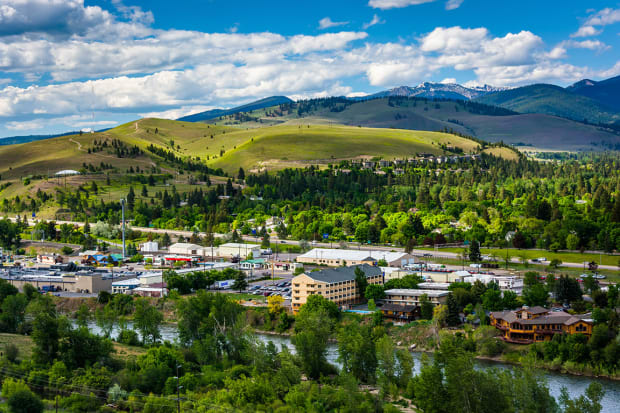
14. Missoula, Mont.
- Business environment rank: 113
- Access to resources rank: 33
- Business costs rank: 278
Shutterstock
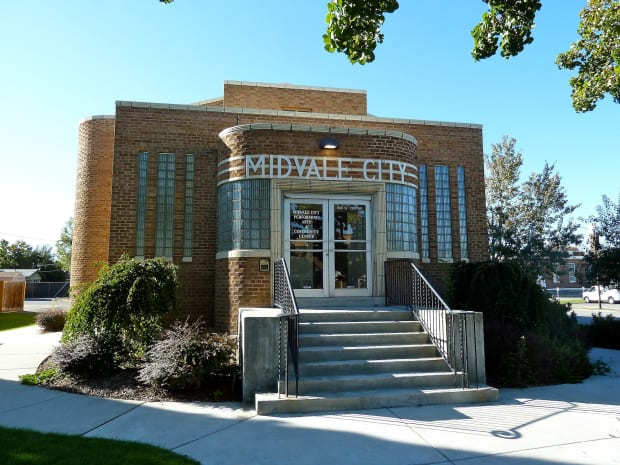
15. Midvale, Utah
- Business environment rank: 101
- Access to resources rank: 15
- Business costs rank: 326
Midvale is the home of Overstock headquarters.
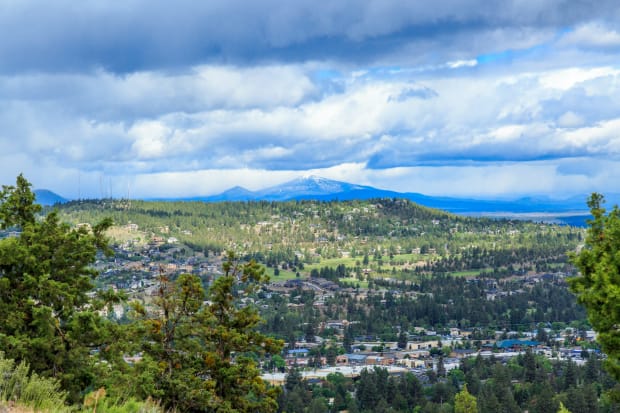
16. Redmond, Ore.
- Business environment rank: 5
- Access to resources rank: 170
- Business costs rank: 836
Shutterstock

17. Windsor, Colo.
- Business environment rank: 124
- Access to resources rank: 27
- Business costs rank: 352
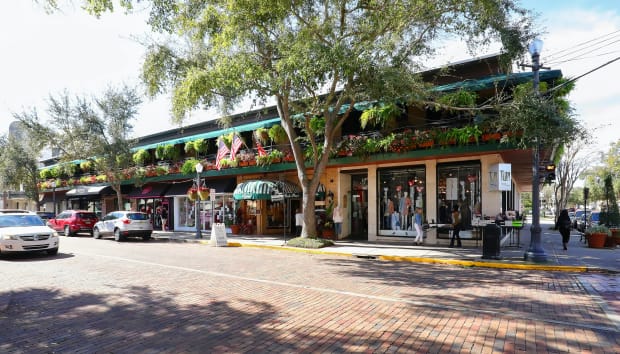
18. Winter Park, Fla.
- Business environment rank: 80
- Access to resources rank: 14
- Business costs rank: 535
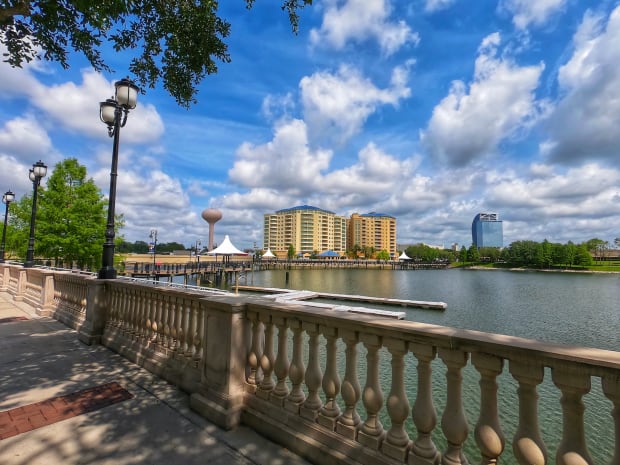
19. Altamonte Springs, Fla.
- Business environment rank: 68
- Access to resources rank: 309
- Business costs rank: 115
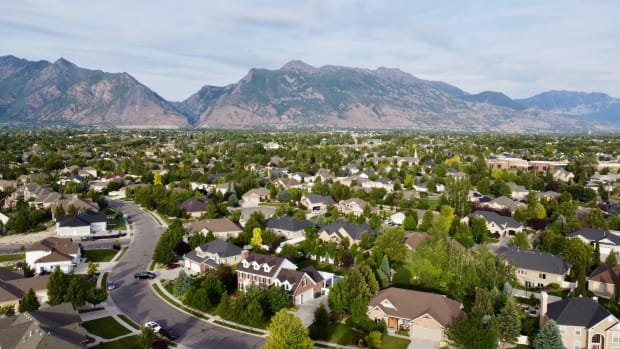
20. American Fork, Utah
- Business environment rank: 14
- Access to resources rank: 249
- Business costs rank: 390
American Fork is one of the five Utah cities that ranked highest overall for average growth of small businesses.

21. Helena, Mont.
- Business environment rank: 86
- Access to resources rank: 63
- Business costs rank: 342
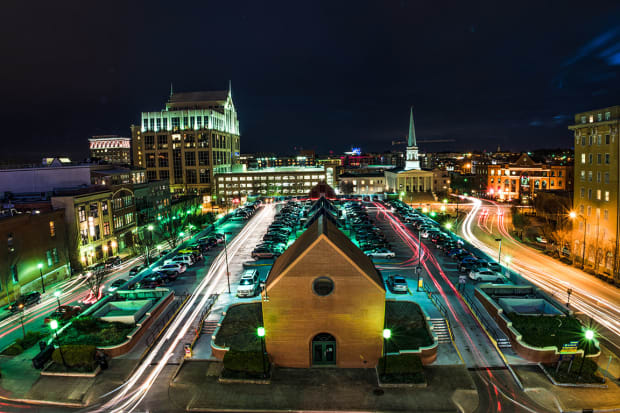
22. Greenville, S.C.
- Business environment rank: 286
- Access to resources rank: 10
- Business costs rank: 127
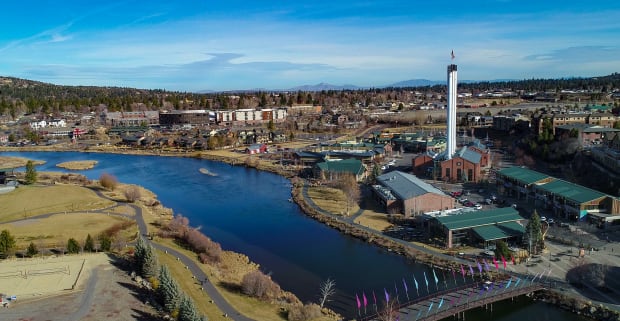
23. Bend, Ore.
- Business environment rank: 3
- Access to resources rank: 93
- Business costs rank: 1012
Bend is one of six small cities that ranked highest of all 1,334 cities for the most startups per capita.
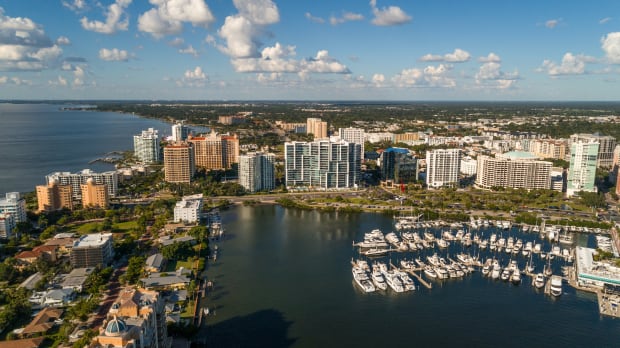
24. Sarasota, Fla.
- Business environment rank: 130
- Access to resources rank: 77
- Business costs rank: 256
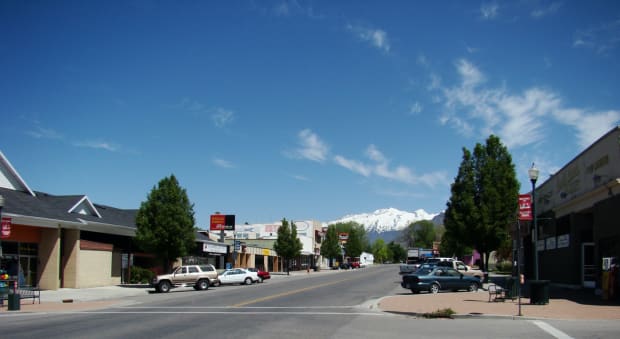
25. Pleasant Grove, Utah
- Business environment rank: 7
- Access to resources rank: 578
- Business costs rank: 386
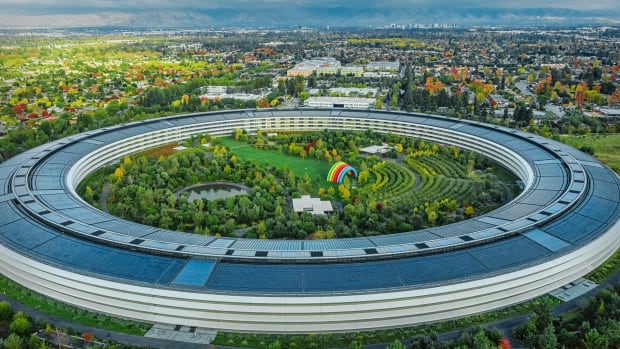
Worst Cities to Start a Business
Cupertino, Calif.
Overall rank: 1334 / 1334
- Business environment rank: 768
- Access to resources rank: 431
- Business costs rank: 1334
You may recognize Cupertino as the home of Apple, which is the city's largest employer. The median household income there is $199,778, according to the census bureau.
Shutterstock
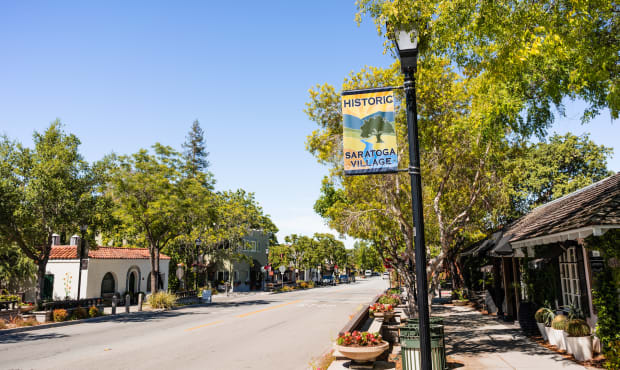
Saratoga, Calif.
Overall rank: 1333
- Business environment rank: 635
- Access to resources rank: 531
- Business costs rank: 1330
Just next door to Cupertino is another Silicon Valley town, Saratoga, Calif., which is ranked by WalletHub as one of five cities of the 1,334 small cities with the highest labor costs.
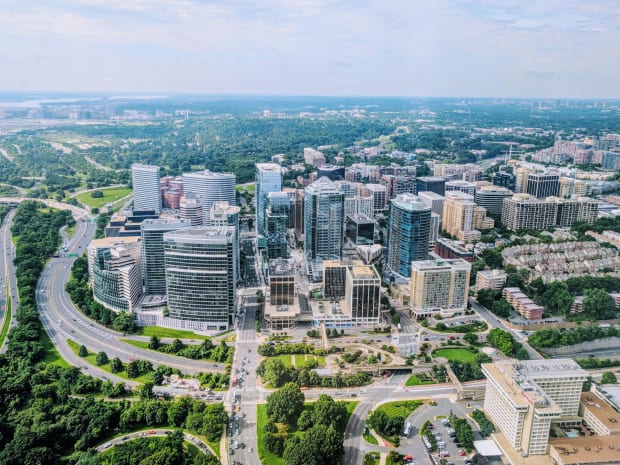
Potomac, Md.
Overall rank: 1332
- Business environment rank: 1152
- Access to resources rank: 824
- Business costs rank: 1297
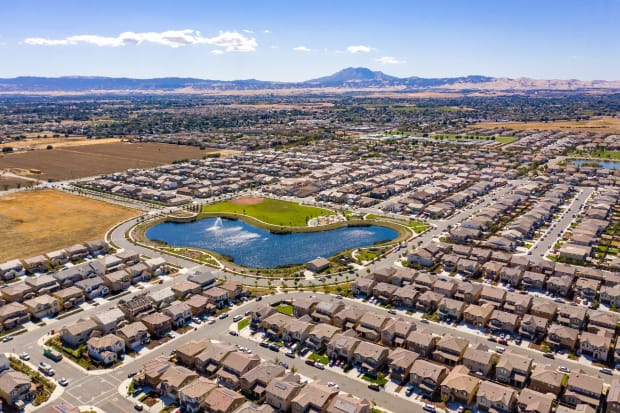
Oakley, Calif.
Overall rank: 1331
- Business environment rank: 1128
- Access to resources rank: 1017
- Business costs rank: 1270
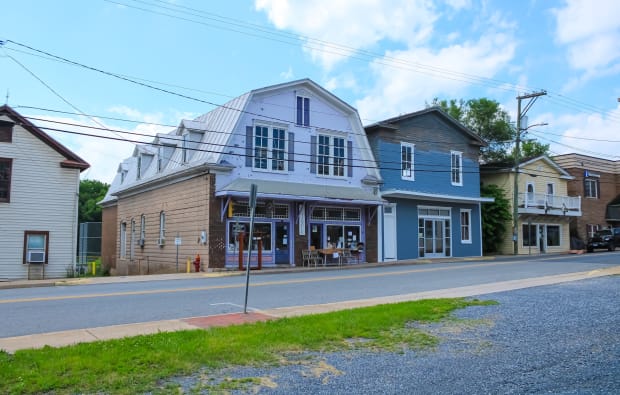
Olney, Md.
Overall rank: 1330
- Business environment rank: 1134
- Access to resources rank: 1262
- Business costs rank: 1244
See the ranking of all 1,334 small cities at WalletHub.







